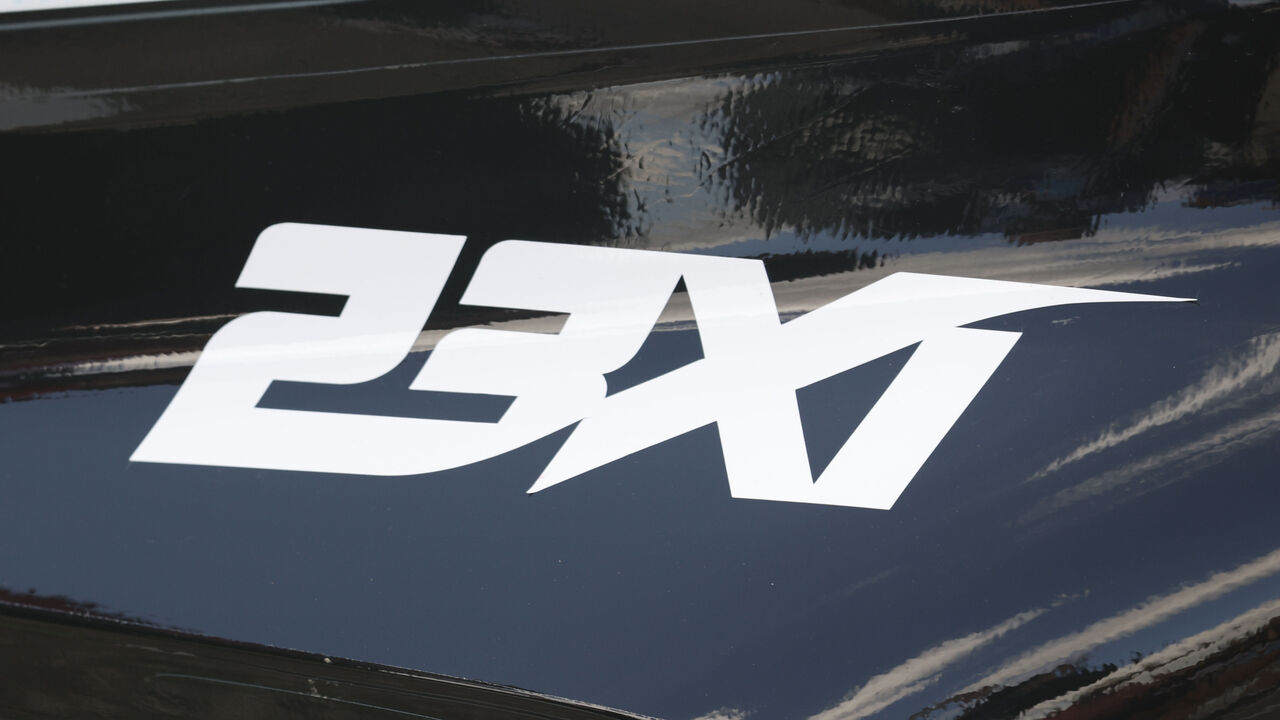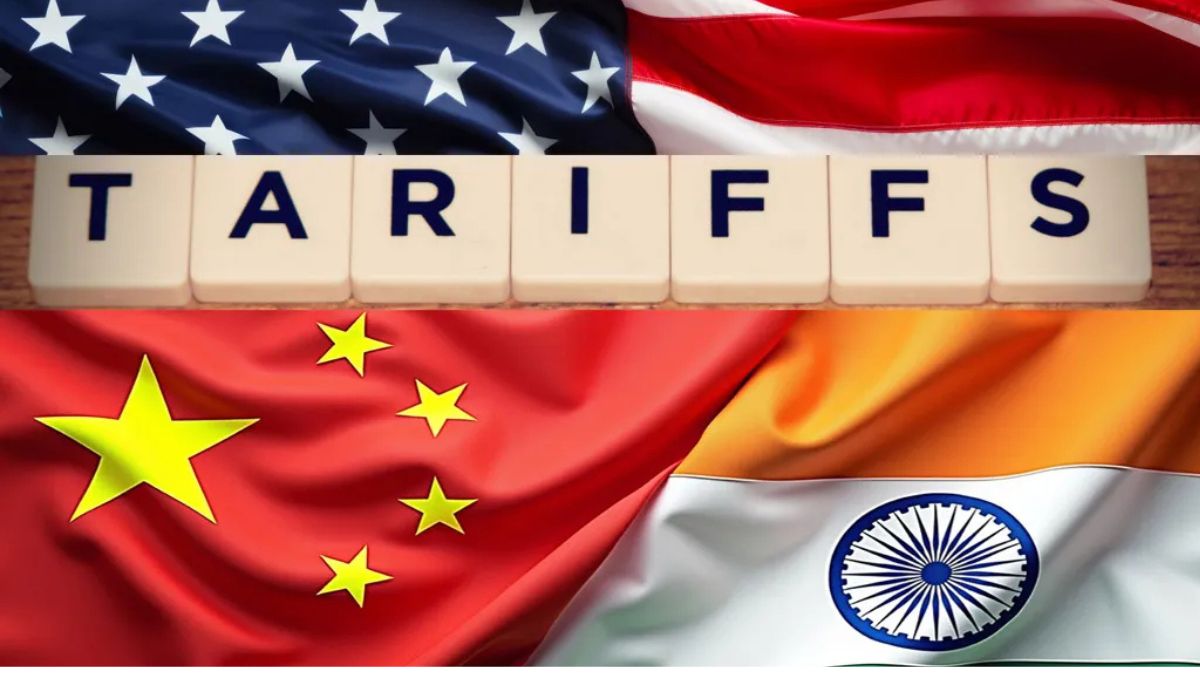
The recent decision by the court to deny 23XI Racing and Front Row Motorsports their requests to race with charters has sent ripples throughout the NASCAR community. This legal development underscores the complex and often contentious nature of the charter system, which has become a pivotal aspect of the modern racing landscape.
Understanding the Context of the Charter System in NASCAR
Since its implementation, the NASCAR charter system has aimed to establish a more structured and financially predictable environment for teams. Charters guarantee entry into every race, essentially offering security and a higher profile for racing organizations. This system was introduced to curb the chaos of open-entry racing, create competitive stability, and attract investments into teams. However, it has also sparked controversy, especially for smaller or emerging teams seeking to participate in the sport.
For teams like 23XI Racing and Front Row Motorsports, acquiring and maintaining a charter is crucial for sustained participation. Yet, the recent legal ruling highlights the challenges teams face when their ambitions clash with the regulatory framework set by NASCAR and legal authorities.
The Court’s Ruling and Its Implications
What Did the Court Decide?
The judge’s decision to deny 23XI Racing and Front Row Motorsports the ability to race with charters signifies a significant setback for these organizations. According to reports from
Why Did the Judge Deny the Request?
The reasons for the rejection are intertwined with the legal interpretations of NASCAR’s regulations, contractual obligations, and the broader context of sporting fairness. Some of the key considerations included:
- Compliance with existing rules: The teams’ applications may not have fully aligned with the regulatory requirements for charter eligibility.
- Legal precedents: Previous rulings or contractual disputes might have influenced the court’s decision to uphold the existing frameworks.
- Protection of the sport’s integrity: The court possibly aimed to prevent disruptions or perceived unfair advantages that could arise from altering the charter allocations mid-season.
Impact on the Teams and the Sport
For 23XI Racing and Front Row Motorsports
This ruling complicates the immediate plans of these teams. Securing a charter is often seen as a gateway to stability and profitability in NASCAR, and being barred from it can threaten their operational continuity. Teams often rely on charters to attract sponsorships, ensure consistent participation, and build long-term competitive strategies.
Additionally, these teams might now need to explore alternative avenues for racing eligibility, such as temporary licenses, or wait for potential legal reconsiderations. The setback also discourages new entrants who see the process as filtering through legal hurdles rather than transparent opportunities.
For the NASCAR Ecosystem
The court’s decision questions the robustness of the current charter system. While intended to stabilize and professionalize the sport, legal disputes cast a shadow of uncertainty over future policies. Stakeholders, including teams, sponsors, and fans, are keenly observing whether NASCAR will adjust its regulations or pursue legal avenues to resolve such disputes.
The Broader Debate: Accessibility Versus Stability
The rejection of charters to these teams raises a fundamental debate within NASCAR:
- Should the sport prioritize the stability and financial security of existing teams? Or,
- Is there a need to open the door wider for new or smaller teams to participate and innovate?
This case exemplifies the ongoing tension between maintaining a competitive, regulated environment and fostering growth and inclusivity within the sport.
Looking Ahead: Future Legal and Regulatory Developments
While this specific legal decision marks a setback, it is unlikely to be the final chapter. Both 23XI Racing and Front Row Motorsports may pursue further legal actions or negotiations to secure their racing credentials. Moreover, NASCAR may revisit its rule structure to accommodate a broader range of teams, potentially leading to reformations that balance stability and opportunity.
Fans and industry insiders will be watching closely to see how this dispute unfolds. The outcome could potentially influence how charters are awarded in the future, shaping the very fabric of NASCAR’s competitive hierarchy.
Conclusion
In essence, the court’s decision to deny 23XI Racing and Front Row Motorsports the chance to race with charters highlights the ongoing conflicts within professional motorsport regarding rules, legal interpretations, and organizational authority. It underscores the need for clear, balanced policies that serve both the interests of existing teams and future entrants to keep NASCAR dynamic and competitive.
This situation is a reminder of how legal and regulatory frameworks can significantly influence the sporting landscape, sometimes in unexpected ways. As the sport evolves, stakeholders will need to navigate these complexities with strategic diplomacy and a shared vision for the future of NASCAR.
Regardless of the outcome, one thing remains certain: the world of NASCAR is ever-changing, and adaptability will be the key to sustained success and growth.
For more updated news please keep visiting Prime News World.









